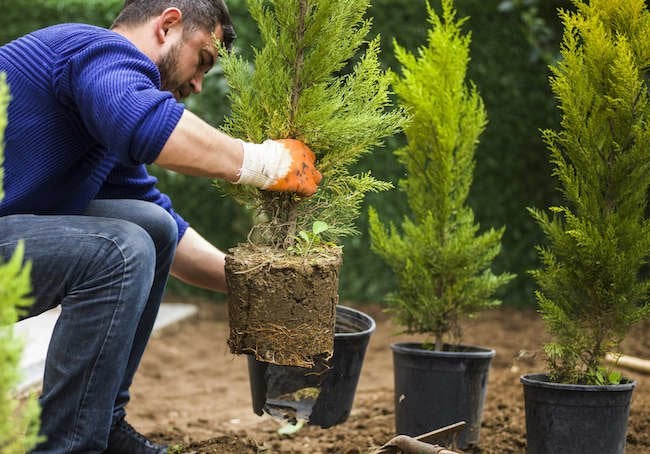

We may earn revenue from the products available on this page and participate in affiliate programs. Learn More ›
Home Advice You Can Trust
Tips, tricks & ideas for a better home and yard, delivered to your inbox daily.
By signing up you agree to our Terms of Service and Privacy Policy.
I Can Teach You
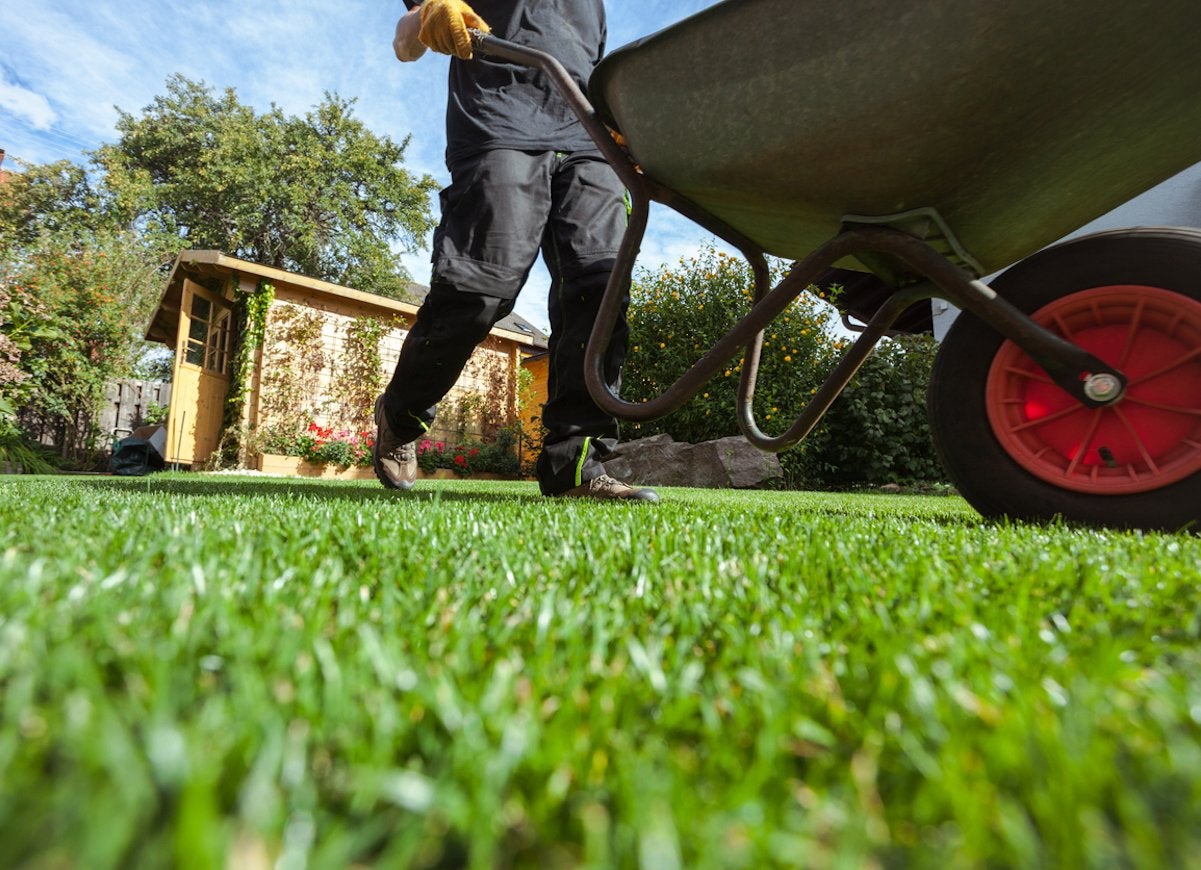
Landscapers have plenty they can teach you, but you need to build a good relationship before they’ll share their DIY secrets with you. Remember, landscapers are business owners. They need to trust that you will continue to use their services after they’ve shown you a few tricks of the trade.
Have Your Soil Tested
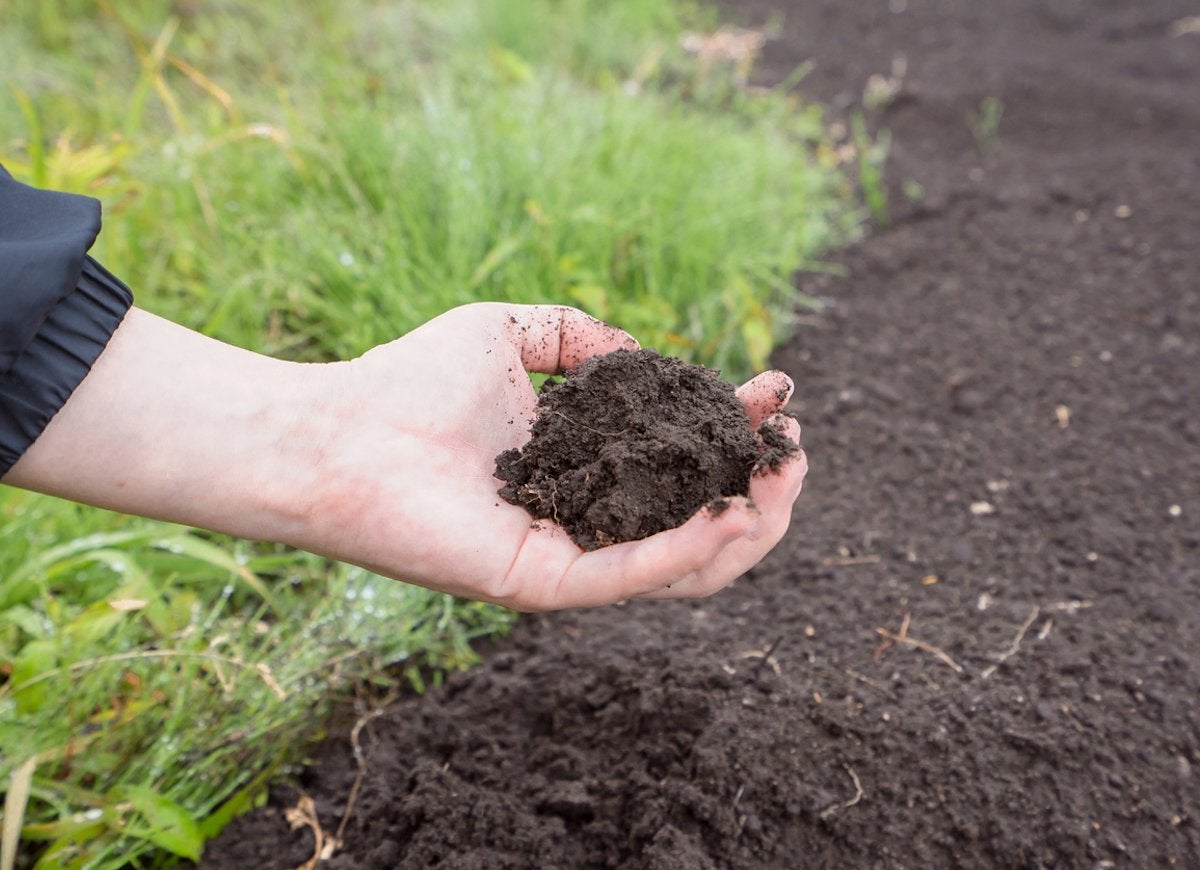
Landscapers can’t determine all your yard’s needs and deficiencies at first glance. After an initial evaluation, a professional may tell you to get your soil tested at a local agricultural agency. This is often the best way to determine what nutrients your plants and grass need before you start applying fertilizer.
Watch Your Bed Placement
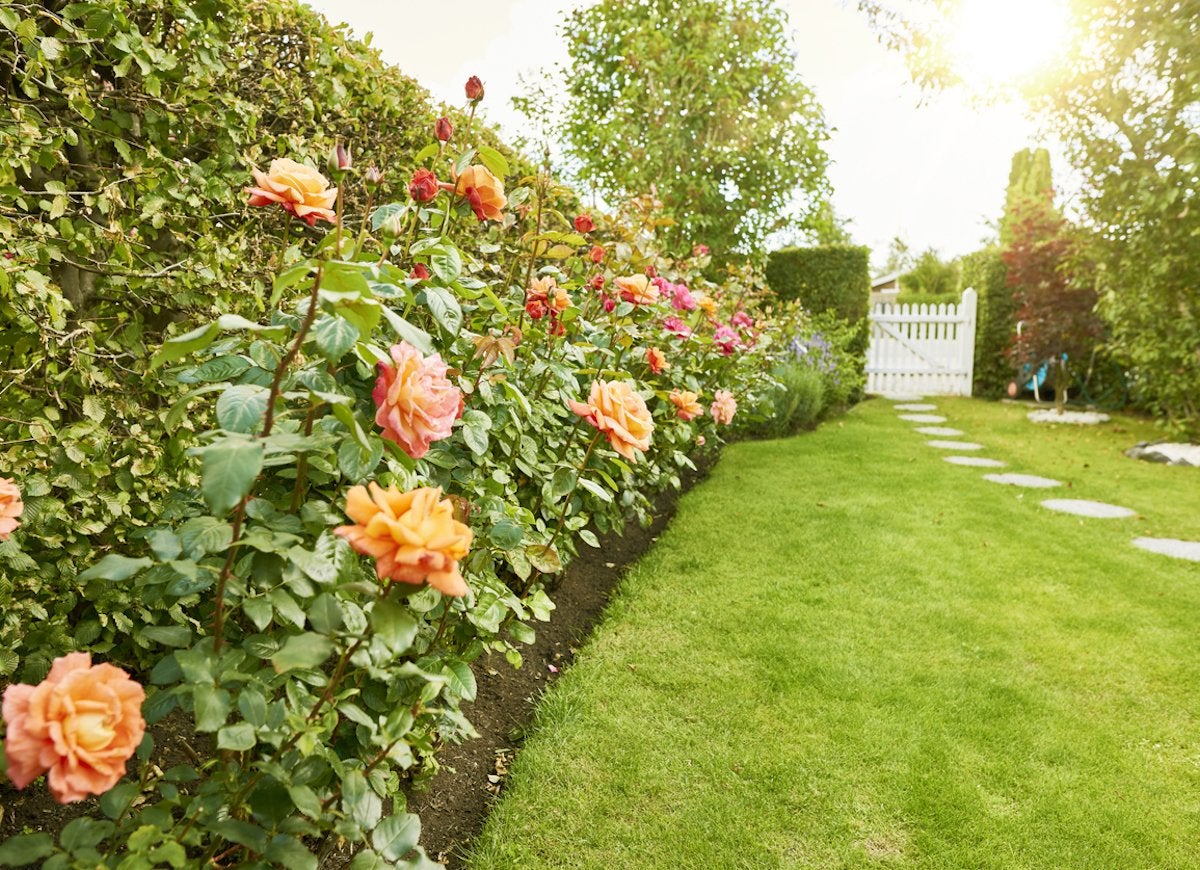
Landscapers won’t typically criticize the work you’ve already done in your garden. But over time, they may offer some helpful dos and don’ts. One key tip: Don’t make flower beds too narrow or place them too close to the house. Also, make sure you have a nearby water source and plenty of sunlight or shade, depending on your flower selections.
My Budget Will Grow
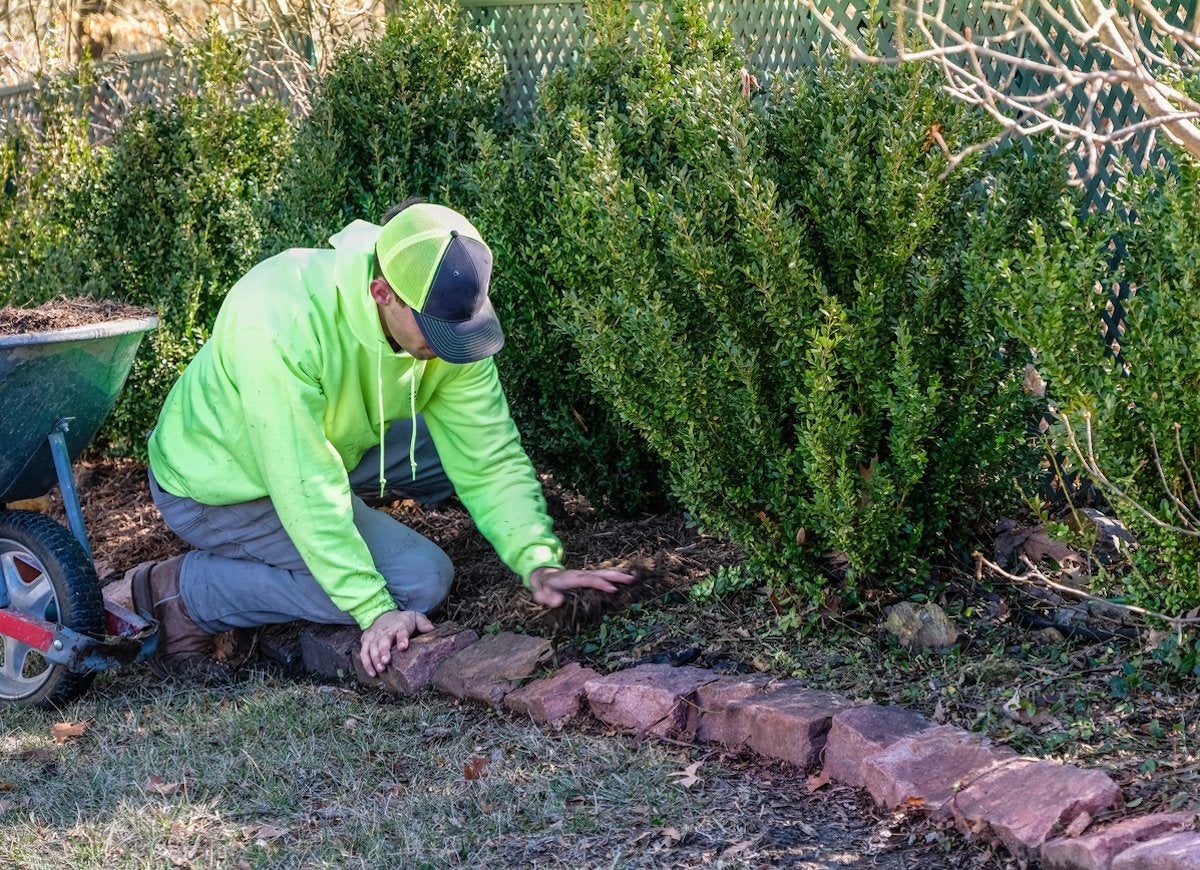
Like any contractor trying to be competitive, landscapers will pitch conservative estimates for their time, labor, and materials. Be mindful, however, that budgets tend to grow as voraciously as weeds. Always ask landscapers for their upper estimate as well as a contingency plan if costs start to exceed your expectations.
Let’s Go Shopping—Together
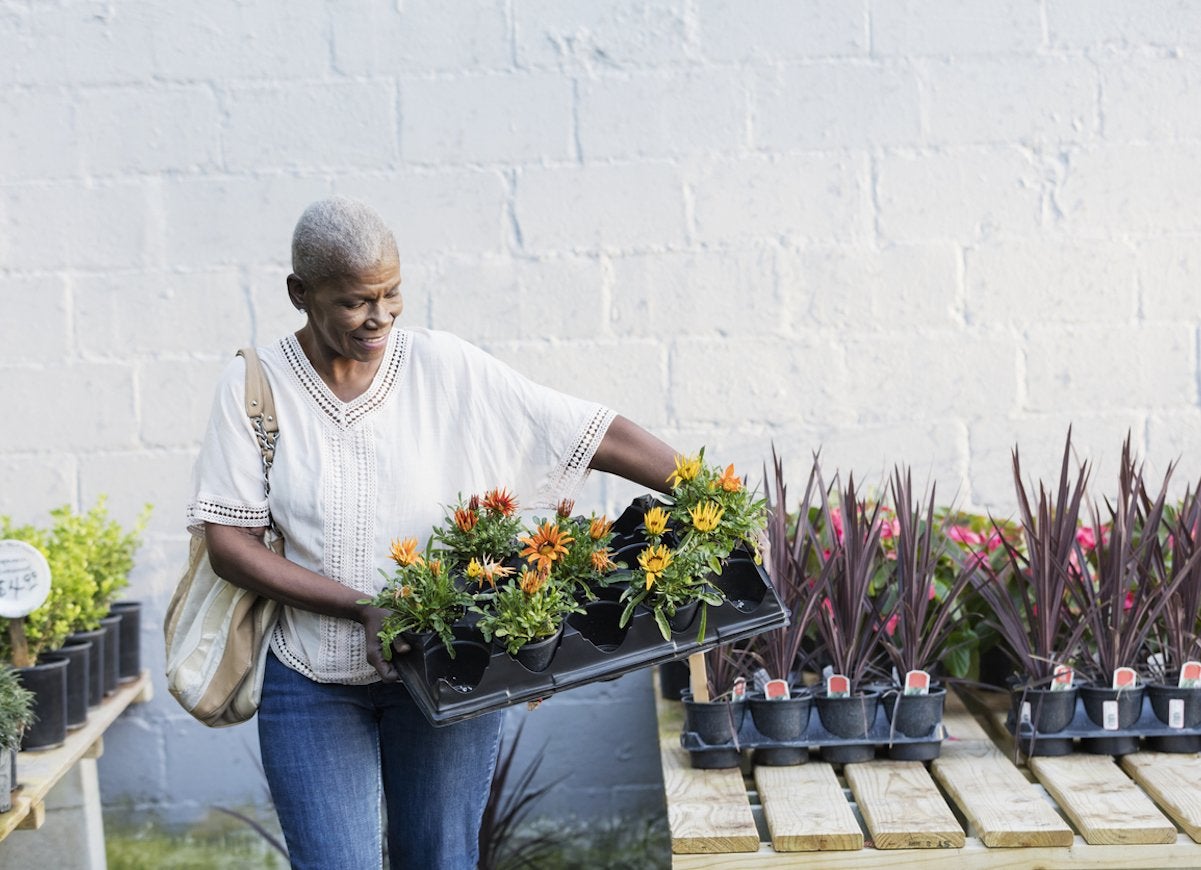
Depending on how hands-on you want to be, you can ask to go shopping with your landscaper in order to get the best deal on plants. Some nurseries have special prices for landscapers they work with, so you’ll get a discount only if you shop together.
You’ll Never Notice
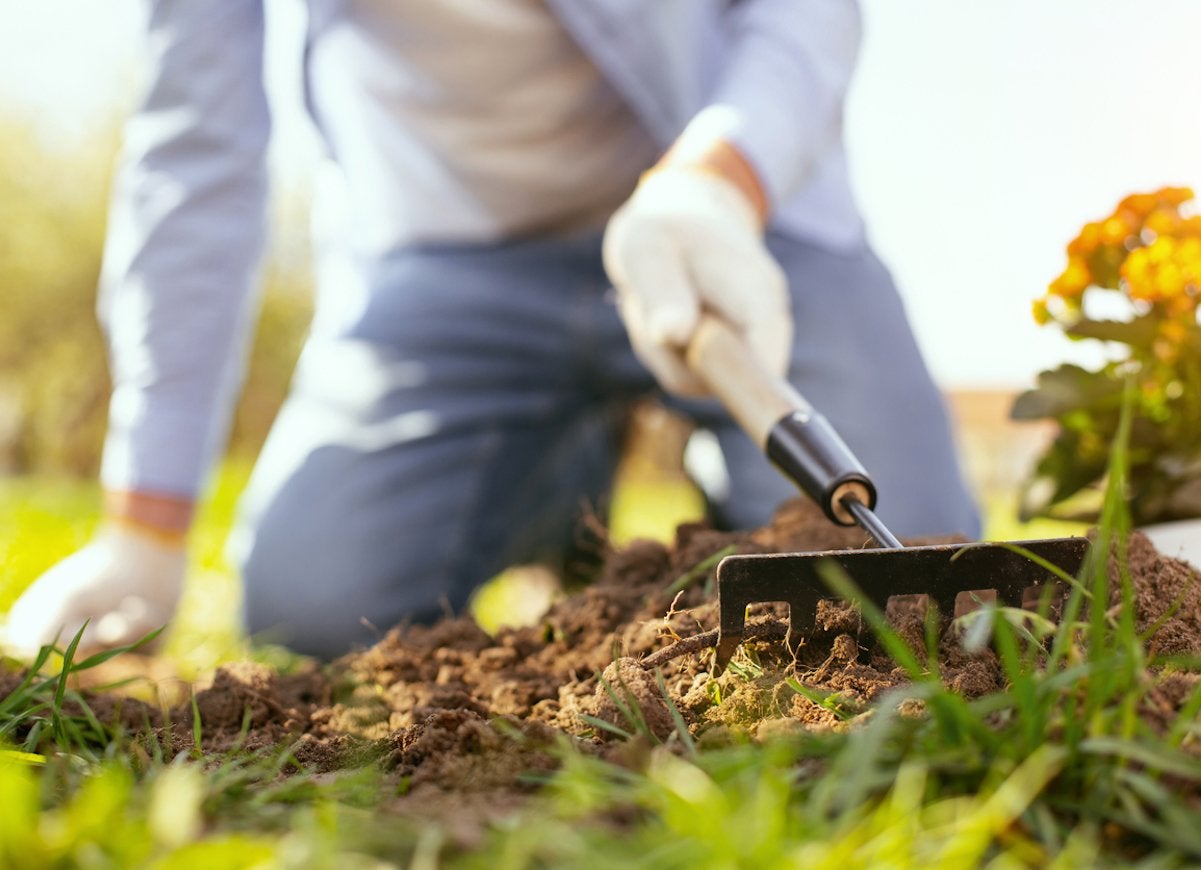
Your landscaper should always provide top-quality service—but he or she may find legitimate ways of cutting costs. Landscapers may buy in bulk or use less expensive plants for ground cover and greenery. This practice is fine as long as the plants are strong, healthy, and pest-resistant.
I Can Help Increase the Value of Your Home
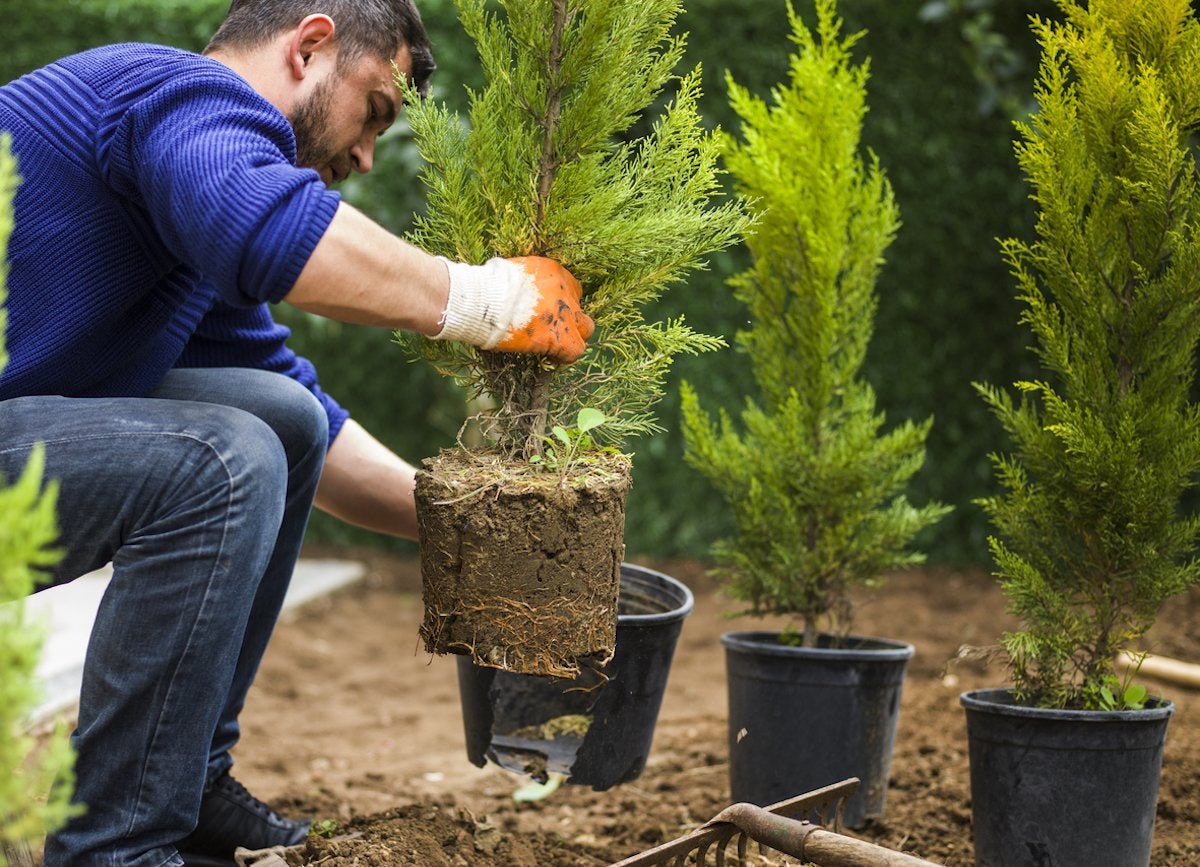
While landscapers can’t know precisely how much home value will increase as a result of their efforts, good landscaping is a cost that can be recouped—up to 150 percent. One particularly value-enhancing improvement is planting trees and shrubs that block noise and increase privacy.
Your Neighbors May Complain
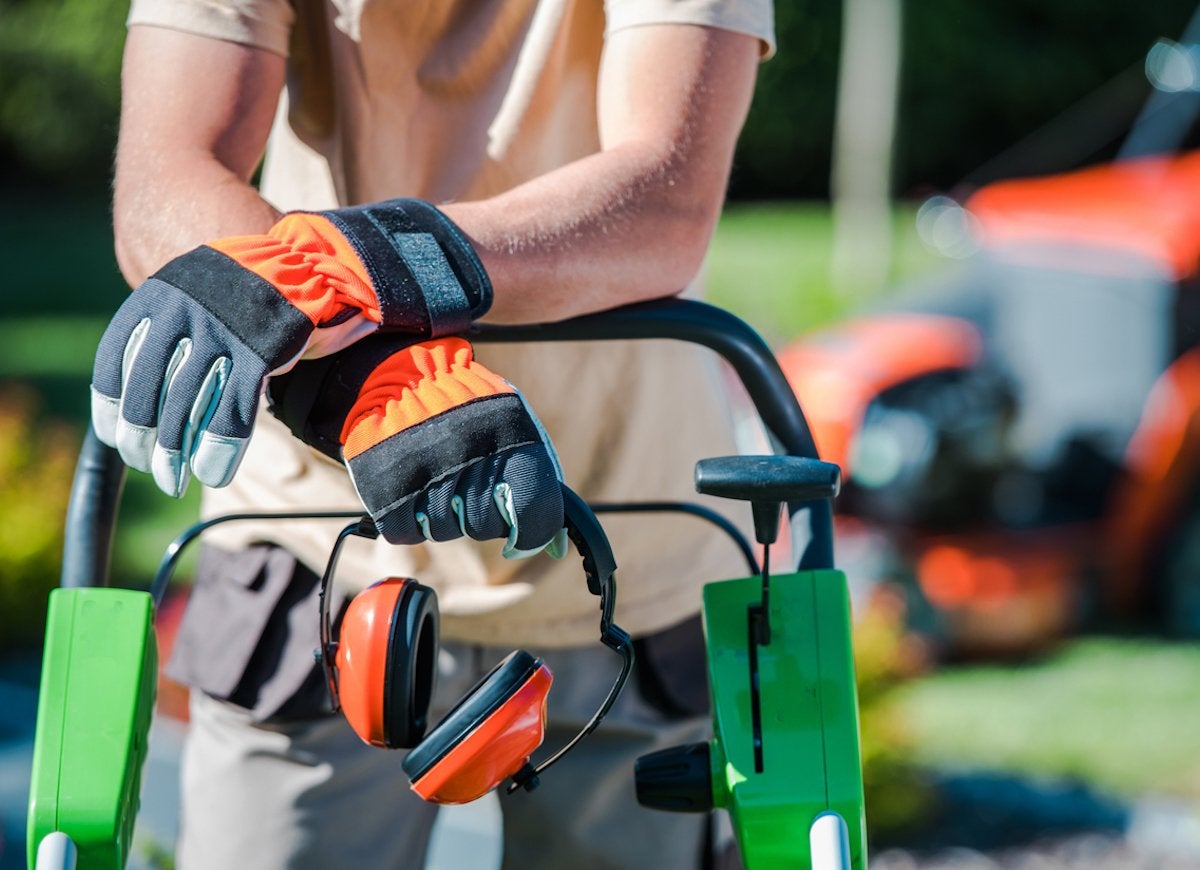
Whether he’s using lawn mowers or leaf blowers, your landscaper wants to get the job done as efficiently and professionally as possible. He may not, however, warn you about the amount of noise he’ll be generating and how your neighbors will react. Be sure to ask what hours the landscapers will be working, and alert your neighbors accordingly.
I Don’t Handle That
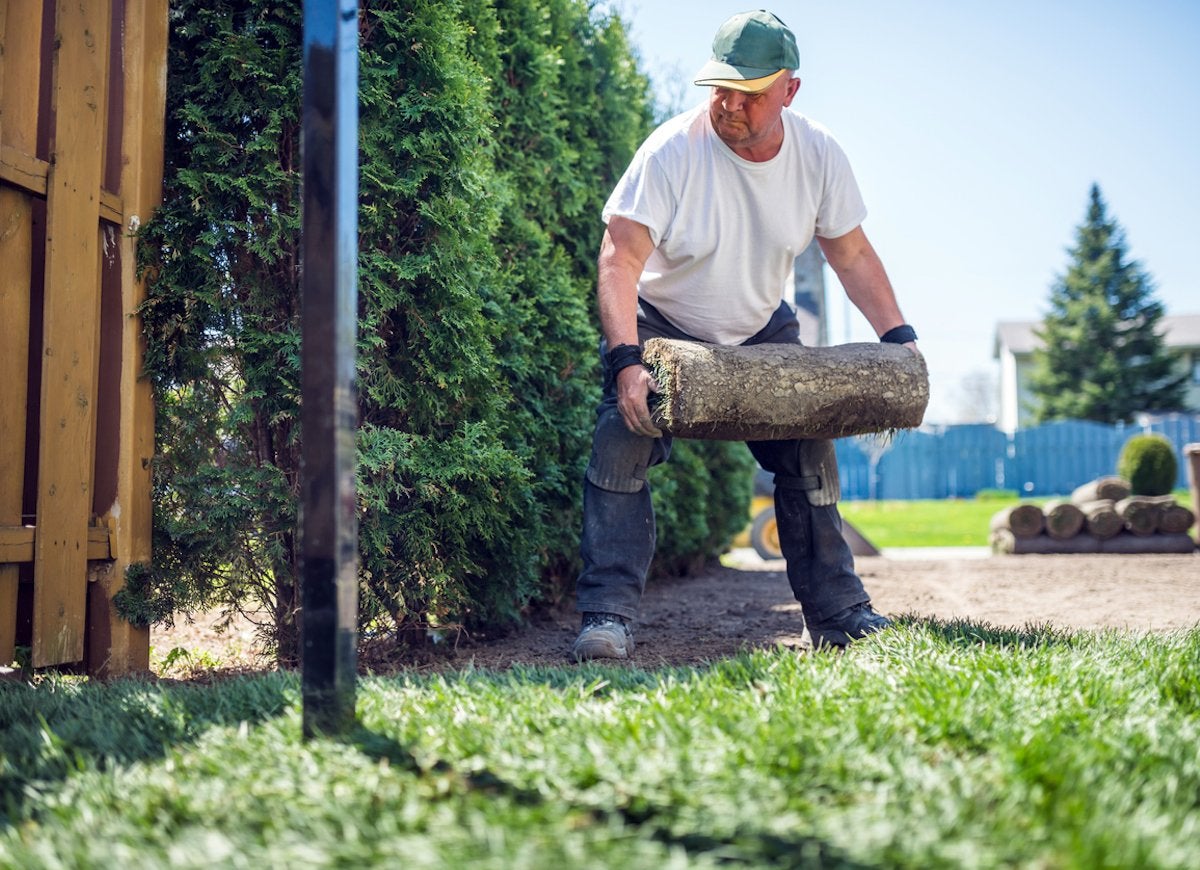
Landscapers often specialize in different services, so, for example, a lawn-care expert may not deal with pest problems. This information may not come out until your landscaper uncovers the full scope of your landscaping needs, which may take a few sessions.
You Can Save Money
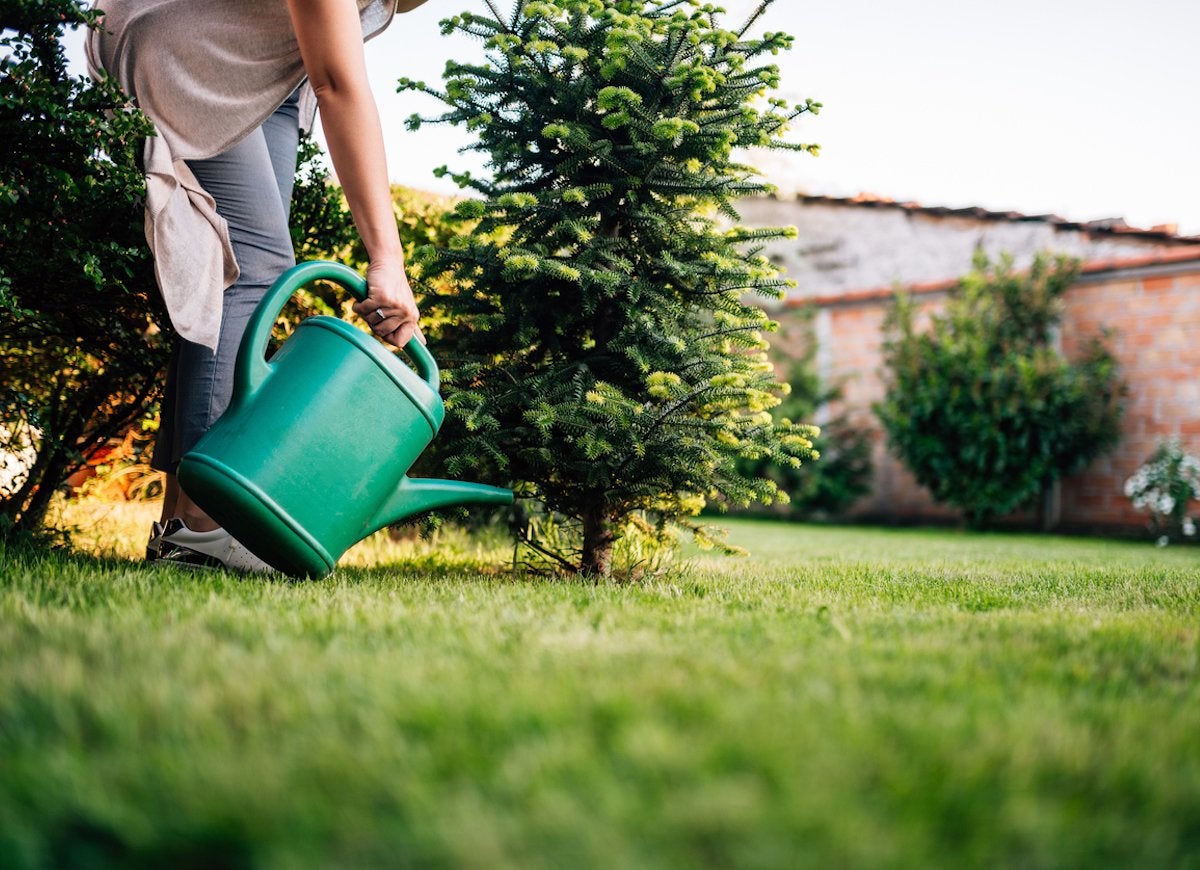
There are plenty of ways you can save money and still benefit from the services of a professional landscaper. Once you’ve established your yard or garden, ask your landscaper about a less expensive maintenance plan. Also inquire about the best times of year to purchase plants and how to grow certain varieties from seed, which is cheaper.

I Was Dead Set On Stone Floors—Until I Saw These Options
See how a virtual floor designer might just change how you envision your floors, as it did for this editor with her ongoing kitchen renovation.